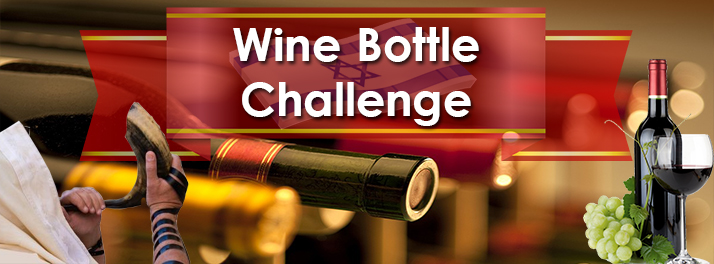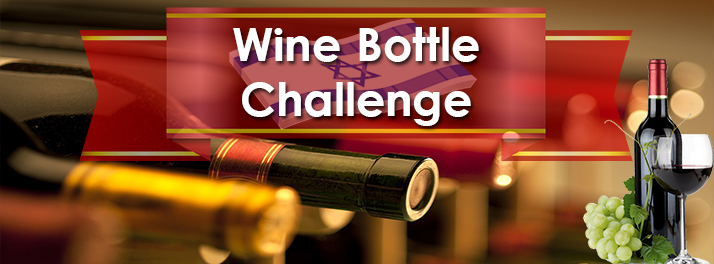Rosh Hashanah and the Circle of Life
As I sit here writing, the smell of sweet challah fills the room. Yes, the holiday season is here – let the baking begin! Round challahs, circular pies, and sweet spherical apples abound in my kitchen this time of year.
Undoubtedly the sweets are one of the parts of Rosh Hashanah we all look forward to most. After all, most of us have a sweet tooth – even if we don’t like to admit it! The New Year just wouldn’t be as tasty without sweet raisin challahs, honey on apples, simmering tsimmes, and delicious desserts.
The symbolism of honeyed foods during our New Year’s celebration is obvious in the way we wish one another a sweet new year. But our celebration of symbols goes much deeper than taste. We also have the visuals to consider.
So, why are our challahs round? The simple answer is the same reason we eat round foods like lentils and eggs when we are mourning: to symbolize the circle of life. Circles and cycles are a crucial part of our Jewish faith.
The secular world tends to view birth as the start and death as the end, full stop. Similarly, each year is viewed as its own entity that begins at January 1st and ends at December 31st. Judaism is different. We view life as a cycle that simply goes around. We don’t look at death as an ending so much as a new beginning – before we were born we were spiritual beings with no physical presence and after we die we return to that state. Similarly, we do not view each New Year as the end of an old year so much as the return to the beginning of a new one. It is a circle.
This is epitomized in our reading of the Torah. As soon as we finish the Torah we immediately begin again. The Torah is not just a novel that has a beginning and an end. Once we read it we don’t put it down and say “Oh, that was a great read.” No! We immediately start again. The Torah is circular (even the shape of a scroll is round!), so that the end is just the start of beginning again. Think about it – a bar mitzvah boy does not wait for Bereishit to start his reading of the Torah – a bar mitzvah boy begins reading the Torah right away, as soon as he becomes bar mitzvah. The Torah is a circle and can be begun at any time!
The round challah at Rosh Hashanah symbolizes this life cycle. Just as the seasons go round and round with no definite beginning and end, so too does Jewish life. Rosh Hashanah is the beginning of another season and the round challah reminds us that we would like to continue to go round and round until we once again arrive at Rosh Hashanah again.
We would like very much to thank the Adelaide Jewish community who has been so lovely to us during this past year. We are looking forward to celebrating the cycle of Jewish life with you again in 5775.
Chag sameach and shana tova!
Read more on The High Holidays and the Significance of Food in Judaism
Read more on Rosh Hashanah Dessert Recipes
Read more on Rosh Hashanah and Sukkot Are Soon: Try Cooking Ahead
Read more on Rosh Hashanah and Yom Kippur in Sydney, Australia
Read more on Rosh Hashanah and Yom Kippur with the Jewish Community in New Caledonia
Read more on Blowing Shofar before Rosh Hashanah During the Month of Elul
Read More







